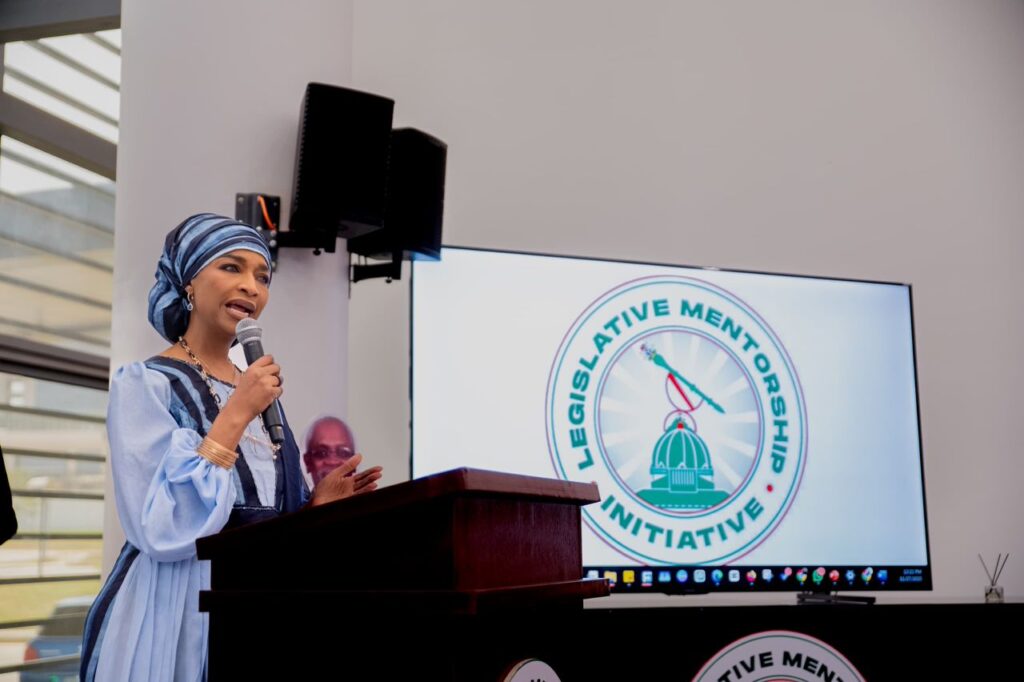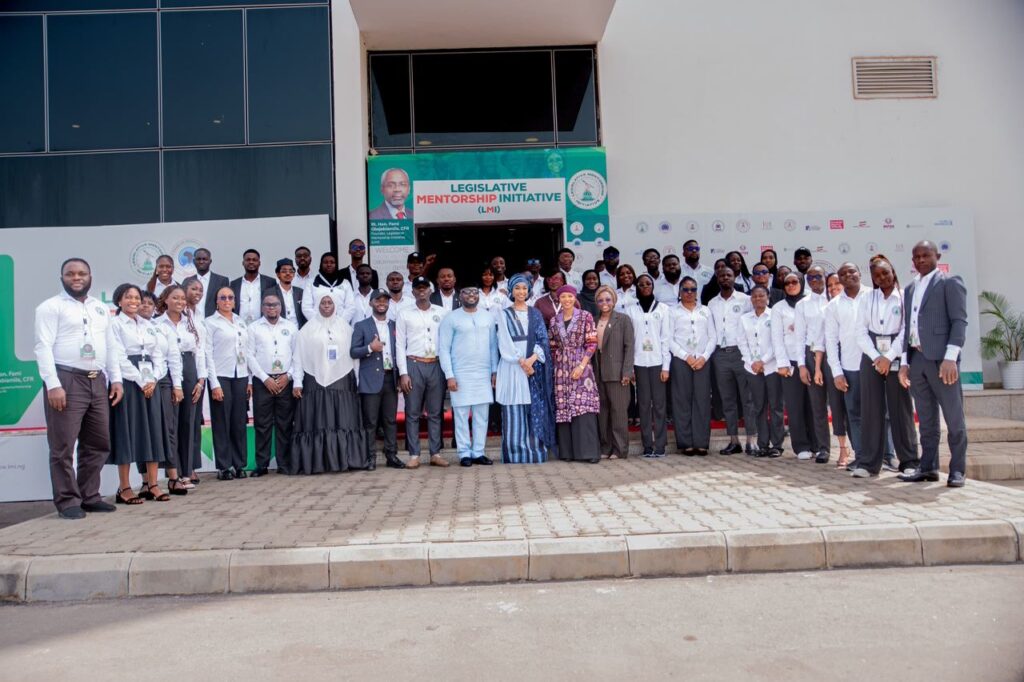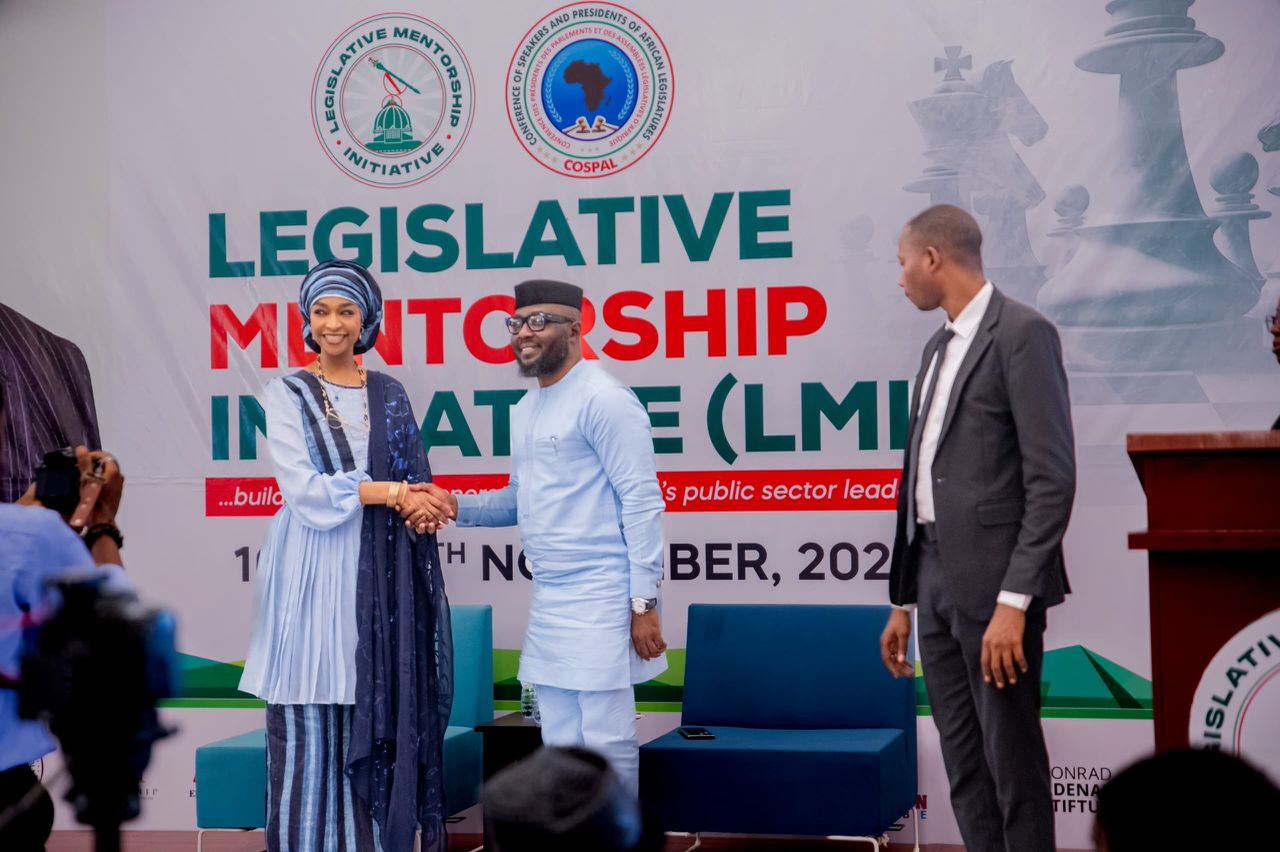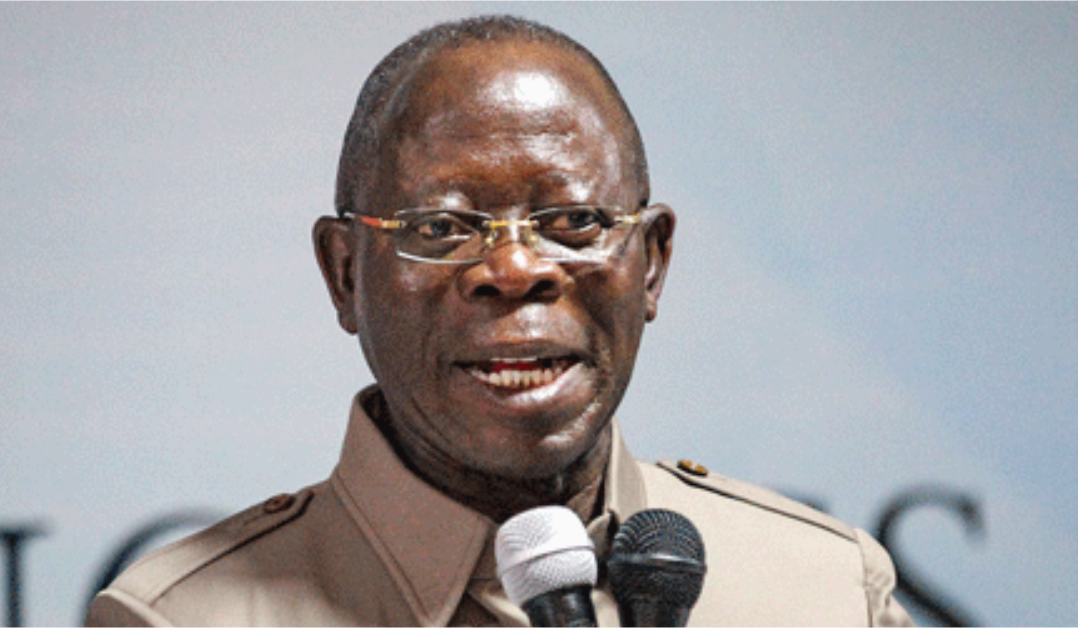The Minister of Art, Culture, Tourism, and Creative Economy, Hannatu Musa Musawa, emphasized the role of art and culture in improving public-sector performance. She spoke to trainees at the 4th Legislative Mentorship Initiative (LMI) at the National Institute for Legislative and Democratic Studies, Abuja.

Strengthening National Cohesion
The program, themed “Building the Next Generation of Public Sector Leaders,” highlighted how culture unites Nigeria’s diverse populations. Musawa explained that promoting cultural heritage fosters a shared national identity. She added that public servants exposed to culture become more empathetic and adaptable.
Driving Economic Growth
Musawa said integrating culture into governance can boost the creative economy. Sectors such as crafts, music, film, design, and heritage tourism create jobs and attract investment. Consequently, this approach reduces dependence on a limited range of industries.
Encouraging Innovation and Civic Engagement
She further noted that a society that values creativity produces resourceful citizens. Public servants who understand culture and innovation are more effective in addressing public needs. Therefore, integrating arts into policy strengthens governance and civic engagement.
Supporting Sustainable Development and Global Presence
The Minister urged policymakers to protect intellectual property and invest in creative infrastructure. Embedding art and culture into education and community programs ensures sustainable development. Moreover, it enhances Nigeria’s global influence and soft power.

Call to Action for Public Leaders
Finally, Musawa praised the Legislative Mentorship Initiative founder, Rt. Hon. Femi Gbajabiamila, for cultivating future public-sector leaders. She also recognized contributors like Aisha Augie, Bayo Omoboriowo, and Amb. Dapo Oyewole for supporting the initiative. She urged all public-sector leaders to prioritize art and culture in governance.



